(ThyBlackMan.com) Black poetry, often synonymous with African American poetry, has roots that dig deep into the soil of history, stretching back to the beginnings of the African American experience. It is a genre rich in emotion, insight, and depth, resonating with the rhythms of the African diaspora. The “Black poetry style” isn’t monolithic, but rather a mosaic of voices, forms, and themes, constantly evolving and reflecting the changing socio-cultural landscape. To understand the essence of Black poetry, it’s vital to recognize its stylistic, thematic, and historical dimensions.
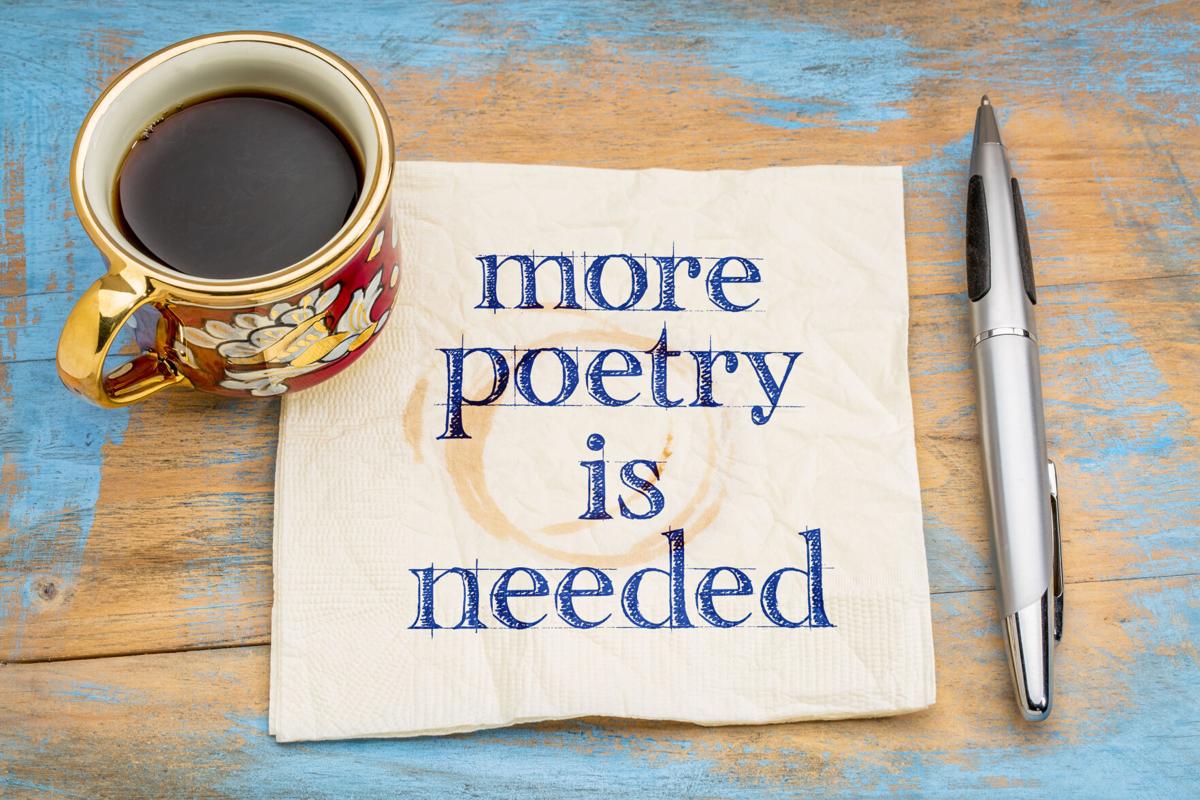
1. Historical Roots and Evolution:
Black poetry traces its origins to the oral traditions of Africa, where storytelling, chants, and songs were essential components of cultural identity. With the advent of the transatlantic slave trade, Africans were forcibly displaced from their homelands and had to find new ways to hold onto their heritage amidst brutal oppression. Spirituals, work songs, and later, the blues, became the mediums of expression, eventually giving rise to poetry that vocalized the Black experience in America.
2. Themes and Imagery:
Black poetry often delves into themes that mirror the African American experience:
Struggle and Resistance: Poets like Langston Hughes, Maya Angelou, and Amiri Baraka have written about racial prejudice, economic inequality, and the fight for civil rights.
Identity and Heritage: Poets explore their African roots, grappling with issues of cultural identity, displacement, and belonging.
Love and Community: The bonds that tie the Black community together, whether familial or romantic, are celebrated in verses.
Nature and Spirituality: The connection to the land, ancestry, and spirituality often finds voice in this genre.
3. Stylistic Diversity:
One of the defining features of Black poetry is its vast stylistic diversity:
Rhythmic Patterns: The rhythmic cadence of Black poetry often echoes the beats of African drums and the oral traditions of African storytellers.
Dialect and Language: Many poets employ African American Vernacular English (AAVE), using it as a tool to stay connected with their roots and challenge linguistic norms.
Free Verse: While Black poetry embraces a variety of traditional forms, many poets prefer free verse, valuing the freedom it offers in expressing raw emotion without constraints.
4. Modern Resonance:
Today, Black poetry continues to evolve, with contemporary poets addressing current social issues, from police brutality to the nuances of modern Black identity. Platforms like Instagram and Twitter have given a stage to a new generation of Black poets who are redefining the boundaries and expressions of the genre.
5. Influences and Intersections:
The versatility of Black poetry is also evident in how it intersects with other art forms and influences them.
Music: The relationship between Black poetry and music is symbiotic. Jazz, hip-hop, and R&B have drawn heavily from the rhythms and narratives of Black poetry. Artists like Tupac Shakur and Lauryn Hill blurred the lines between poetry and song lyrics, emphasizing the depth and poetic quality of their words.
Visual Arts: Black poetry has also been in dialogue with visual art. Paintings, sculptures, and other forms of artistic expression often draw from or inspire poetic narratives. The Harlem Renaissance was a shining example of this confluence, where poets and artists worked in tandem, each amplifying the voice of the other.
6. Impact Beyond Borders:
While rooted in the African American experience, the reach and impact of Black poetry transcend national boundaries. Its themes of struggle, love, identity, and resistance resonate globally. African poets, Caribbean poets, and Black poets from other parts of the diaspora have found camaraderie and inspiration in the verses penned by African Americans. Writers like Derek Walcott, Chinua Achebe, and Wole Soyinka have all engaged in a literary conversation with their African American counterparts, highlighting the universality of the Black experience.
7. Educational Significance:
Black poetry holds immense educational value. In schools and colleges, it’s not merely a segment of literature studies but a gateway to understanding history, sociology, and cultural studies. Through the verses of poets like Gwendolyn Brooks, Audre Lorde, and Nikki Giovanni, students across the globe learn about the Civil Rights Movement, the complexities of gender and sexuality within the Black community, and the broader sociopolitical challenges faced by Black individuals.
8. The Future of Black Poetry:
The digital age, with its democratization of platforms, promises an even more vibrant future for Black poetry. Young poets, armed with the tools of social media, are carving out spaces for themselves, addressing new-age challenges and celebrating contemporary joys. Their words are a blend of reverence for the past and a hopeful gaze into the future.
9. Feminine Voices in Black Poetry:
One cannot discuss the expanse of Black poetry without acknowledging the powerful contributions of Black women poets. Their verses not only delve into the broader Black experience but also address the unique challenges faced by Black women at the intersection of race and gender. Poets like Phyllis Wheatley, the first published African American poet, paved the way for future generations. Later, luminaries like Sonia Sanchez, Lucille Clifton, and Rita Dove painted intimate portraits of Black womanhood, addressing topics from motherhood and femininity to racism and resistance.
10. The Role of Performance:
Beyond the written word, the performative aspect of Black poetry, especially in forms like slam and spoken word, has played a crucial role in its evolution. Venues across the U.S., from the Nuyorican Poets Café in New York City to the Green Mill in Chicago, have become incubators for emerging voices in Black poetry. These performances breathe life into the words, adding layers of emotion, intonation, and physicality. The likes of Saul Williams and Patricia Smith have showcased the power of performance, where the audience doesn’t just read but feels the poetry.
11. Activism and Advocacy:
Black poetry has often been at the forefront of activism. The Black Arts Movement of the 1960s and ’70s, spearheaded by figures like Amiri Baraka, reinforced the idea that art and activism are inseparable. Today, in the wake of movements like Black Lives Matter, poets are once again wielding their pens as weapons, advocating for justice, equality, and systemic change. Their words not only chronicle events but also galvanize action, reminding society of the urgent need for change.
12. The Global Black Poetry Movement:
While we often focus on African American poets, it’s essential to recognize the global nature of Black poetry. From the Caribbean’s calypso-infused verses to the poignant post-colonial narratives of African poets, the global Black poetry movement underscores the shared yet diverse experiences of Black individuals worldwide. It’s a global chorus, with each region adding its unique voice to the collective.
13. Legacy and Mentorship:
Veteran poets have always played a role in nurturing the next generation. Through workshops, readings, and personal mentorships, knowledge and techniques are passed down, ensuring that the legacy of Black poetry remains strong. This cycle of teaching and learning ensures that the rich tapestry of Black poetic tradition continues to grow and evolve.
Closing Reflections:
Black poetry, with its myriad styles and voices, stands as a testament to the richness of the Black experience. Each verse, whether it speaks of pain or joy, struggle or triumph, adds to the grand narrative. As we continue to engage with this vibrant genre, we are reminded of the words of Maya Angelou: “Bringing the gifts that my ancestors gave, I am the dream and the hope of the slave.” Black poetry, in essence, is both a gift from the past and a beacon for the future.
Staff Writer; Larry Jackson
This brother, and poet at heart can be reached at; LJJackson@ThyBlackMan.com.












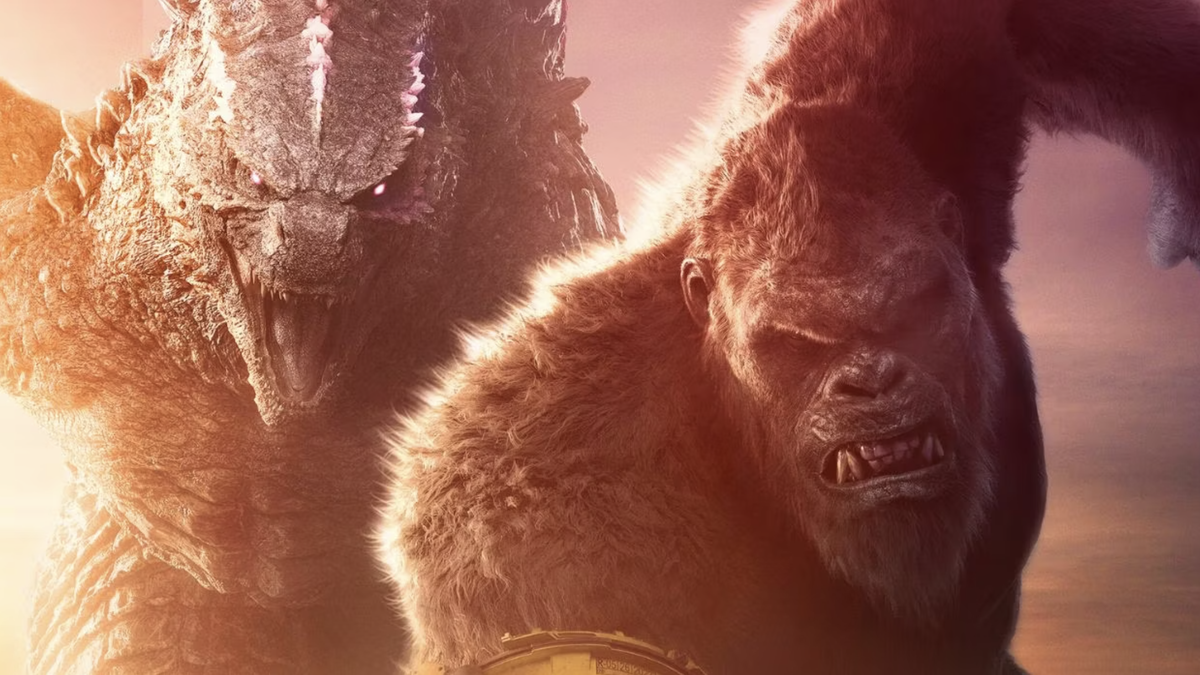
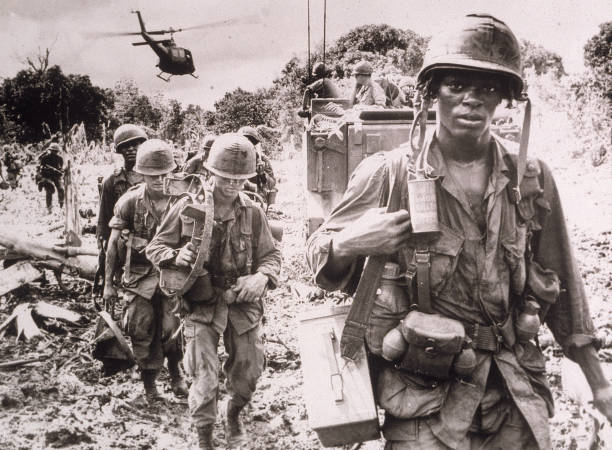
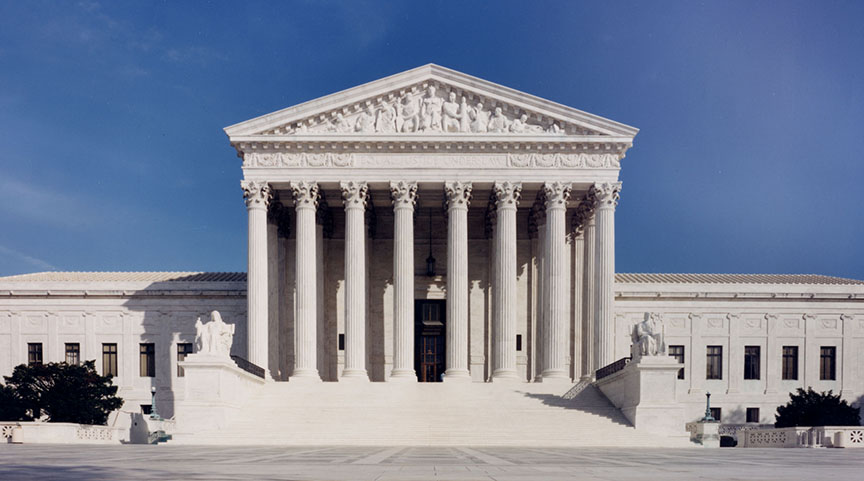
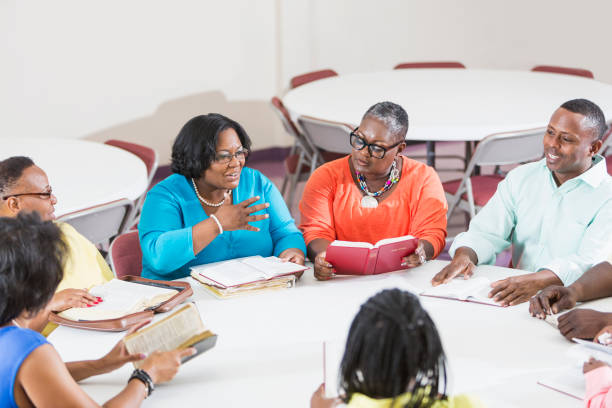
In the face of the contemporary constant white race western world colonization process in America,the black poetry style is that of “persuasive speech”, and in its totality, comes forth as a continual plea to the white skinned race to accept him or her as a moral human being, not as an a-moral sub-human animal.